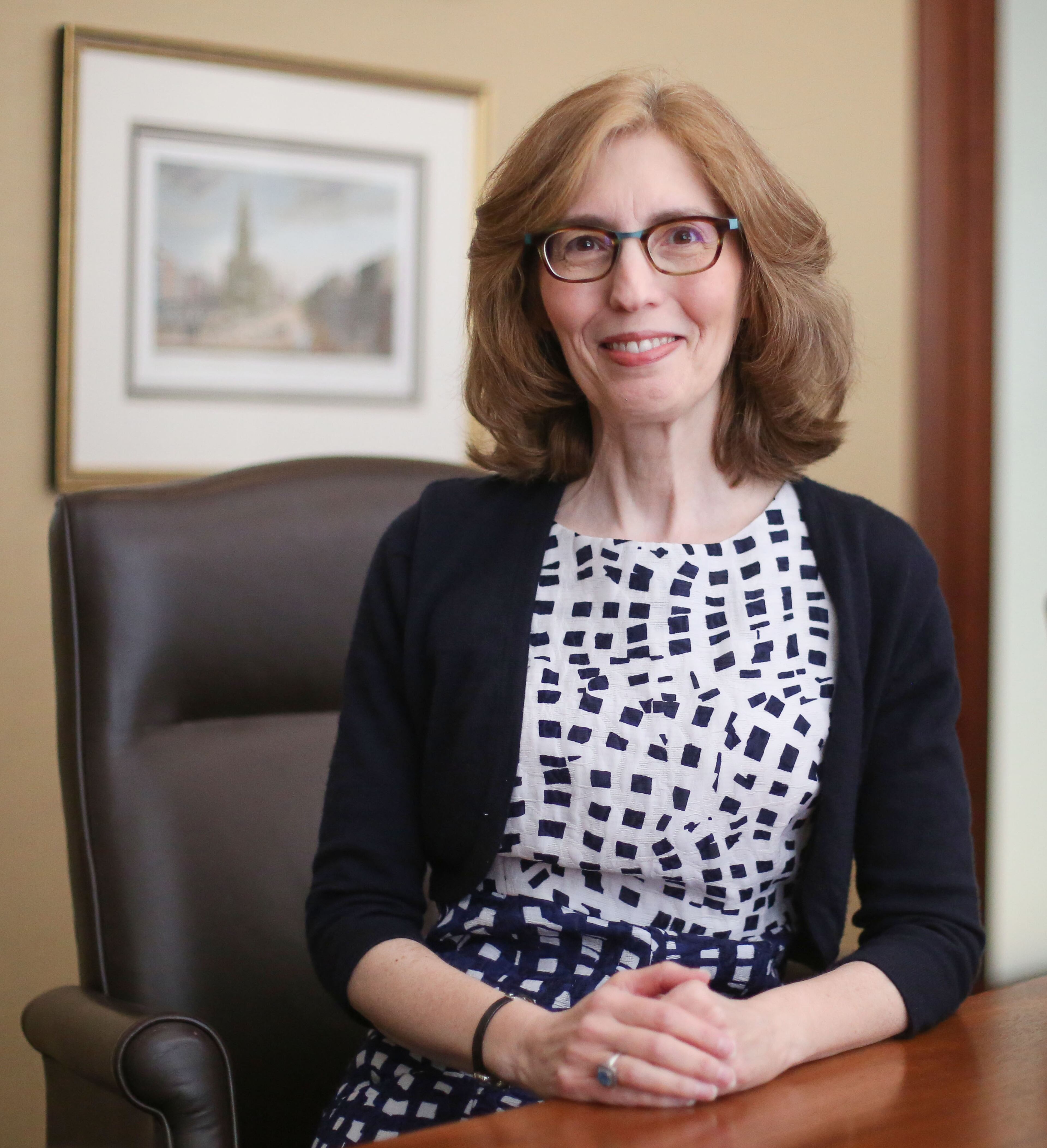Court says bar office needs to try again in military spouse case

The Georgia Supreme Court on Monday ordered the state Board of Bar Examiners to give specific reasons why it declined to allow the wife of a U.S. Army infantry captain stationed in Columbus to practice law in Georgia.
The case has attracted the attention of national legal groups, including the American Bar Association, which asked the state Supreme Court to rule in Harriet O'Neal's favor.
O’Neal, who is a member of the Louisiana bar, had asked for a waiver under Georgia’s military spouse program that would have granted her the ability to practice law in Georgia without having to take the grueling bar exam here. The waiver’s goal is to accommodate spouses of U.S. military officials who are frequently transferred to new states.
Early this year, Georgia’s bar examiners’ board, without explanation, rejected O’Neal’s request for the waiver. The board only said it had carefully reviewed her petition and “determined it does not meet the applicable standard.”
In a unanimous decision, the high court said that wasn’t nearly enough. More specifics not only benefit military spouse waiver applicants in the future but also give the court something substantive it can review on appeal, the ruling said.
Heidi Faenza, director of the state Office of Bar Admissions, said the board is reviewing the court’s decision and will consider its directions.
O’Neal, 29, said she hopes the board will grant her the waiver or the Supreme Court will ultimately rule in her favor. “I’m proud to stand up for military spouses as we play an important role in our nation’s defense,” she said Monday.
O’Neal’s husband, Capt. Nolan O’Neal, received orders to move to Fort Benning for training that began in January. He is now in the U.S. Army Ranger School.
Because she and her husband will likely stay in Columbus through February 2019, Harriet O'Neal said she's eager to be allowed to practice law in Georgia. After being denied the waiver, O'Neal said she felt desperate to bring in some income. She has been doing some contract work for a firm that specializes in trademark and copyright law.

Atlanta lawyer Linda Klein, who supported O'Neal's application, said military spouses don't move across state lines voluntarily. They do so to support their active duty spouses who are following orders.
The unemployment rate for military spouses is four times greater than that for civilians, noted Klein, former president of both the State Bar of Georgia and the American Bar Association.
“Easing the process for attorneys who are military spouses allows them to continue their careers in the legal profession and shows support for members of our military and their families,” Klein said. “We are very proud of Harriet and her courage to assure that the rules will be clear for all the military spouses who will come to Georgia in the future.”


